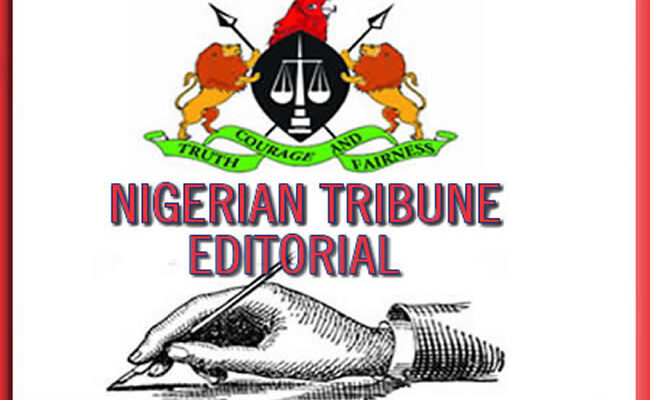

LAST week, President Muhammadu Buhari assented to 19 bills in accordance with Section 58 (4) of the 1999 Constitution (as amended), 16 of which are alterations of the constitution. One of the highlights is that the railway sector has been moved from the Exclusive List to the Concurrent List, making it possible for states to invest in railway infrastructure. According to a statement issued by the Senior Special Assistant to the President on National Assembly Matters (Senate), Senator Babajide Omoworare, the bills are aimed at ensuring financial independence of the state Houses of Assembly and state judiciaries; regulating of the first session and inauguration of members-elect of the National and state Houses of Assembly and related matters, and ensuring that the president and governors submit the names of persons nominated as ministers or commissioners within 60 days of taking the oath of office for confirmation by the Senate or state House of Assembly. The bills are also aimed at enabling states to generate, transmit and distribute electricity in areas covered by the national grid, excluding the period of intervening events in the computation of time for determining pre-election matters petitions, etc; regulating the first session and inauguration of members-elect of national and state assemblies, changing prisons to correctional service, and re-designating correctional service in the Concurrent List.
To be sure, Nigeria as a federal entity ought to have the benefit of devolved powers to enable it to derive maximum gains from the diverse endowments and capabilities inherent in its constituent parts. That would make for outstanding functioning of the federal system. Unfortunately, the country has, over the years, been bogged down by the shortsighted, incoherent and illogical thinking of imposing highly centralised power in a federal system, thus robbing it of the creative contributions of its many parts up till now. The signing of the recent bills is therefore significant. For instance, Nigerians have for long spoken of the need to grant financial autonomy to the judiciary and state legislatures, and it is comforting that this is now a constitutional reality. It is also salutary that states have now been empowered to generate electricity. It can only be hoped that they will actualise the intendment of the bill and stop the pernicious practice of paying through the nose for electricity, only to be subjected to utter darkness. If states collaborate to operate railway services and generate electricity, it is for the good of the country. States can also enter into public-private partnerships on rail and power, having first provided the enabling environment to attract investors.
Yet, while we acknowledge the significance of signing the bills under consideration into law, it is still clearly that the country still has to grapple with the quasi-military structure imposed by the military and sustained by the ruling elite over the years despite public outcry and agitation. In any case, the fact that this action is coming at the tail end of the Buhari government would suggest that the government has not really served the country well, as it could not muster the political will and resolve to enact the laws and also put them into practice for maximum benefits. It must also be clear stated that because what the country needs is fundamental restructuring of its workings, what the Buhari administration is offering on the eve of its departure from power is a mere token. There are other fundamental items that must devolve to states for Nigeria to function well. Power devolution is imperative if Nigeria must work and return to federalism as envisaged by the founding fathers/mothers. This means that states must exercise control over their resources. In this regard, it is instructive that up till now, President Buhari has not seen the need for state policing. This is in spite of the fact that Nigeria with its centralised security architecture is one of the world’s most terrorised countries.

We hope that the enactment of these new laws signals a change of mind at the strategic level of leadership in the country, such that it would be followed with comprehensive devolution of power that is consistent with the full application of federalism, including the authorisation of state police. This should be the case, with states maximally and creatively utilising the current laws to help provide additional solutions in the areas of electricity and railway services.









